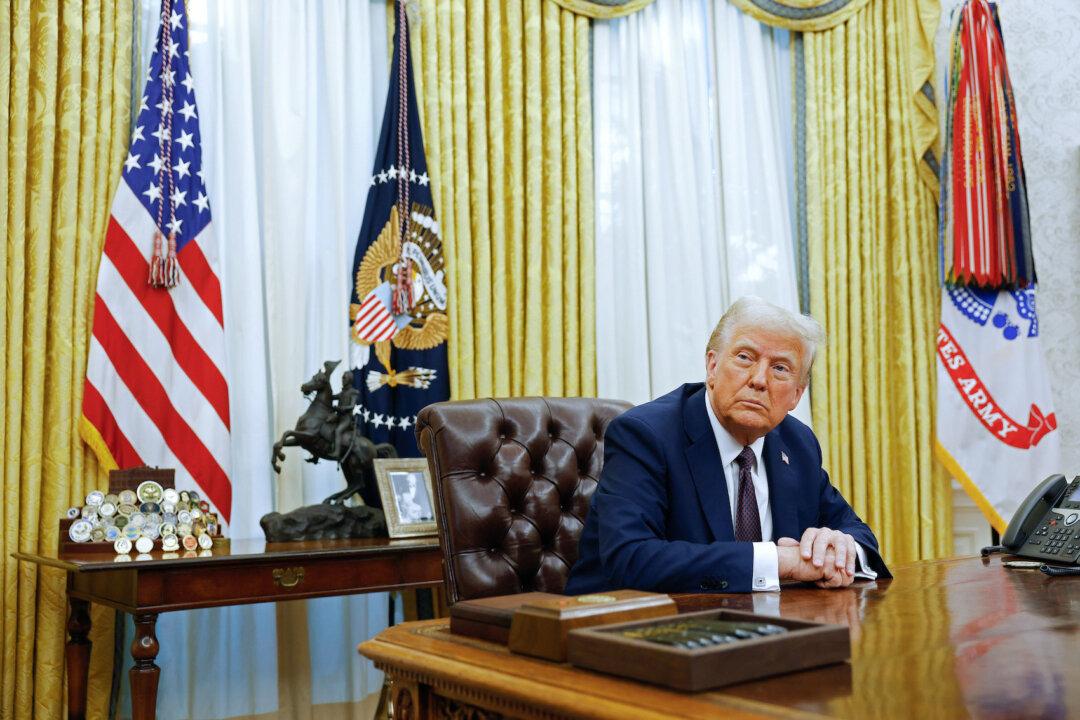News Analysis
President Donald Trump’s administration has been hit with a wave of legal challenges responding to executive orders and other actions, teeing up potential Supreme Court decisions that could clarify the scope of executive power.

President Donald Trump’s administration has been hit with a wave of legal challenges responding to executive orders and other actions, teeing up potential Supreme Court decisions that could clarify the scope of executive power.